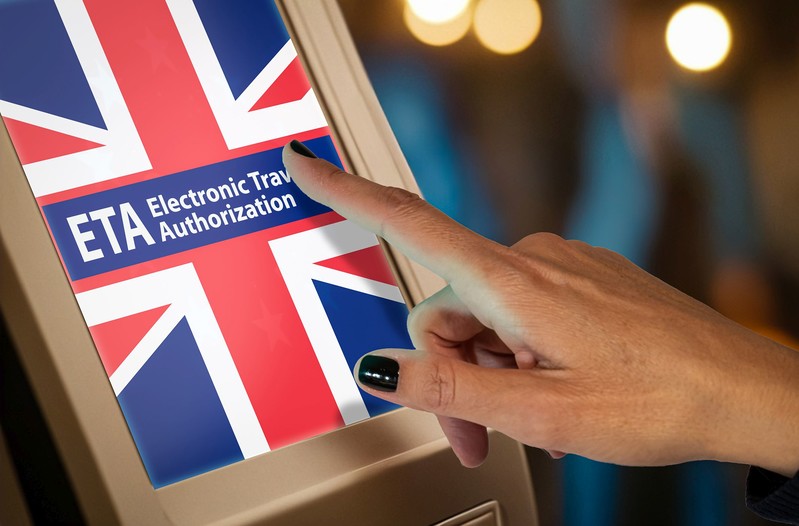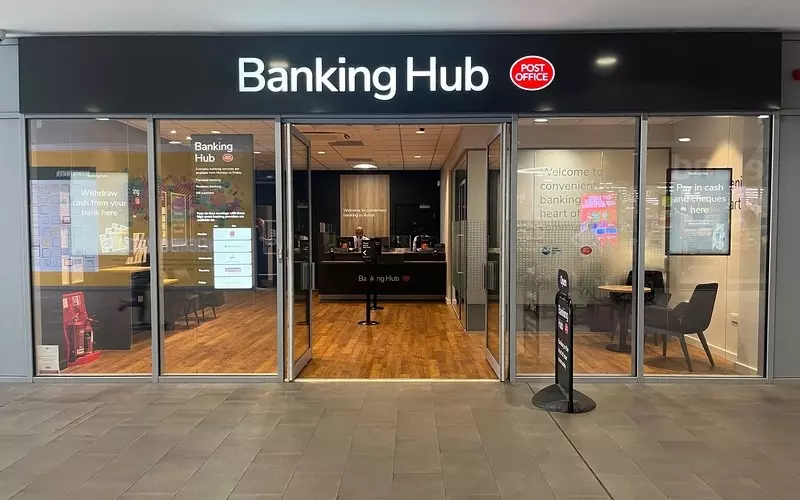As Internet Usage Soars, Brits Are Becoming More Cybersecurity Savvy Than Ever Before

Cyber threats, including hacking, identity theft, phishing scams, and online fraud, have become more prevalent and sophisticated, leaving individuals and businesses vulnerable. In response to these growing risks, Brits are becoming increasingly savvy about protecting their personal information and online activities. From stronger passwords to heightened awareness of scams, the British public is adapting to the digital landscape by prioritising their cybersecurity.
The Rising Need for Cybersecurity
As internet usage continues to rise in the UK, particularly with the widespread adoption of mobile devices, the importance of strong cybersecurity practices has never been clearer. With over 90% of adults regularly using the internet for activities like shopping, banking, and socialising, more personal data is being shared and stored online. This shift has led to increased awareness of the need to safeguard sensitive information. As cyber threats evolve, Brits are becoming more mindful of their online security, recognising the need for vigilance and smarter practices to protect themselves.
Increasing Awareness of Cyber Threats
An encouraging trend is that Brits are becoming more knowledgeable about online risks and how to protect themselves. Public awareness campaigns, news coverage, and educational initiatives have played a key role in this shift. Government and cybersecurity organisations are actively providing advice and tools for safer online experiences. Social media platforms have also become a valuable source of information, with users sharing cybersecurity tips and experiences. As a result, more people are cautious about suspicious links, sharing personal details, and verifying sources before making online transactions.
Protecting Personal Information Online
As cyber threats rise, more Brits are becoming aware of the need to protect their personal information online. Whether on social media, shopping websites, gaming sites, or while banking, people are sharing more personal data that can be exploited by cybercriminals for identity theft or fraud. This has led many to become more cautious about what and where they share.
In the past, many were unaware of the amount of information they were revealing. Now, people are adjusting privacy settings on social media to control who can see their posts and are avoiding sharing sensitive details. Additionally, when shopping online, Brits are more likely to look for the padlock symbol in their browser's address bar to ensure a secure website. Many are also using digital wallets and payment platforms like PayPal or Apple Pay for added security.
For online banking, users are adopting stronger security measures like two-factor authentication (2FA) and setting up alerts for suspicious transactions. In online gaming and casinos, players are often choosing platforms that use encryption and offer secure payment methods. When playing online casino games, in particular, bettors who value keeping their personal information private often opt to wager on non-GamStop casinos because these international sites not only offer flexibility and ease of access but are also known for bypassing the UK’s strict GamStop rules. Whether an internet user is banking, gaming, browsing, or shopping, there are steps that everyone can take to protect their information while using the internet.
Overall, Brits are becoming more vigilant about their online security by using privacy settings, secure payment options, and advanced authentication methods, helping to protect their personal data across various online activities.
Stronger Passwords and Two-Factor Authentication
One of the most basic, yet effective, steps that Brits are taking to secure their online presence is the use of stronger passwords. Research has shown that many people still use simple and easy-to-guess passwords for their accounts, but this trend is beginning to change. More UK users are now opting for complex passwords that combine letters, numbers, and special characters, which makes it harder for hackers to gain access.
Moreover, the adoption of two-factor authentication (2FA) has become increasingly popular. 2FA adds an extra layer of security by requiring users to provide a second form of identification, such as a code sent to their phone, in addition to their password. Many popular platforms, including banking apps, email providers, and social media sites, now encourage users to enable 2FA to protect their accounts.
This growing awareness of the importance of strong passwords and 2FA has made a significant impact on reducing the risk of account hacks. As a result, more Brits are adopting these practices as a routine part of their online behaviour, helping to create a more secure digital environment.
The Role of Businesses and Service Providers
Businesses and service providers have a significant role to play in helping their customers become more cybersecurity savvy. Increasingly, companies are offering cybersecurity tools and services to their users, such as advanced encryption and fraud detection measures. Banks, for example, have implemented sophisticated authentication systems and alerts to notify customers of unusual transactions. Online retailers are using secure payment gateways to ensure that customers’ financial details are protected.
Moreover, businesses are investing in educating their customers about cybersecurity. Many organisations provide online resources, guides, and tips on how to stay safe while navigating the digital world. Some companies even offer cybersecurity insurance or protection services to further reassure their customers. By doing so, they not only protect their customers but also strengthen their reputation and trust.
Looking Ahead: A Secure Digital Future
As internet usage continues to grow in the UK, the importance of cybersecurity will only increase. With emerging technologies such as artificial intelligence and the Internet of Things (IoT), new threats will emerge, and so too will the need for stronger security measures. However, the progress made so far in terms of public awareness, education, and the adoption of robust security practices is promising.
As Brits become more cybersecurity savvy, they will be better equipped to navigate the ever-changing digital landscape. By continuing to prioritise strong passwords, two-factor authentication, and careful sharing of personal information, the UK will be better prepared to face the evolving challenges of the digital age. With the right tools, awareness, and precautions, people across the UK can continue to enjoy the benefits of the internet while protecting their privacy and security online.



![Władca lasów: IKEA i dewastacja przyrody [DOKUMENT]](https://assets.aws.londynek.net/images/jdnews/2251908/427990-202507101808-m.jpg)

























